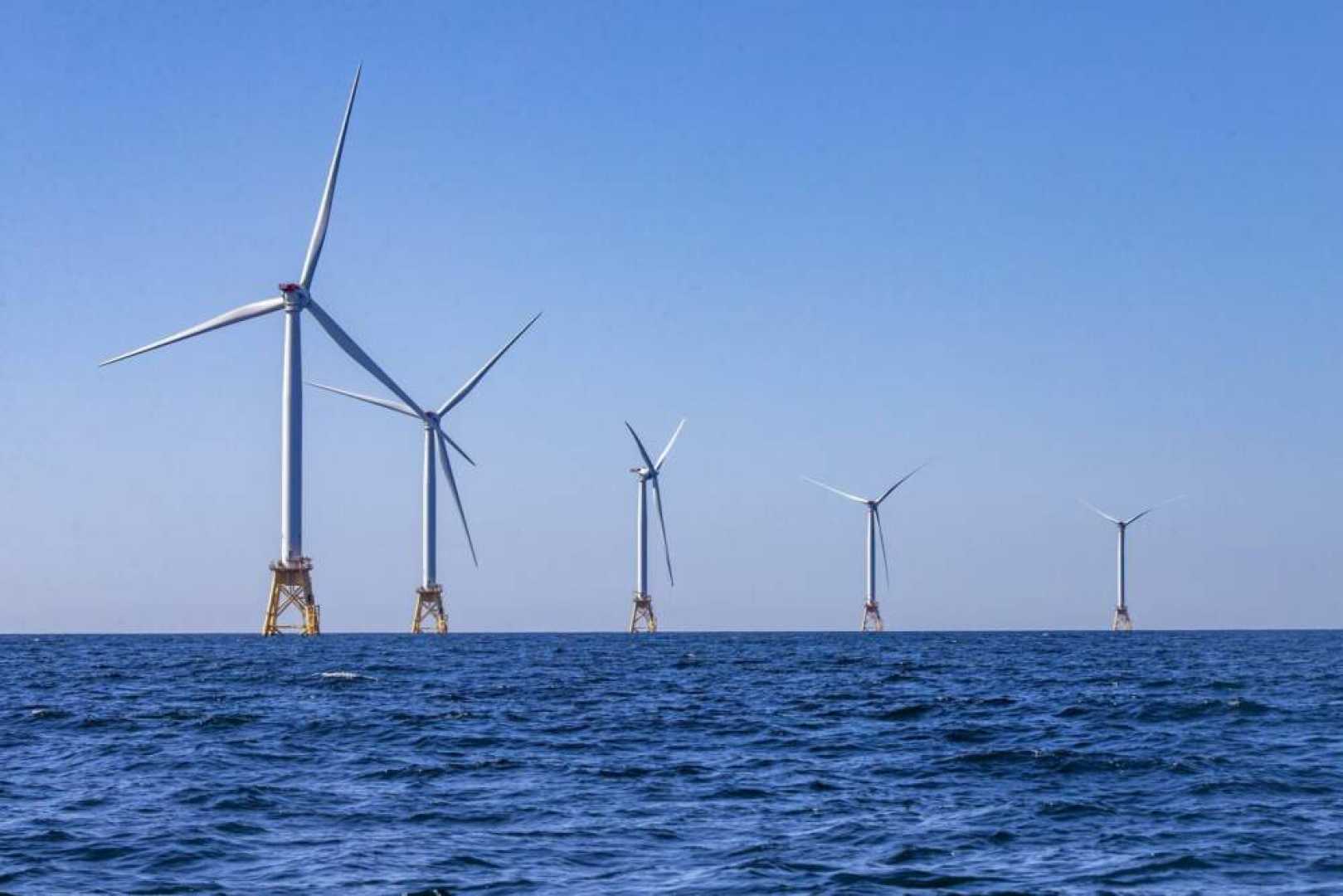News
Nantucket Faces Climate Change Challenges Amid Renewable Energy Initiatives

Nantucket is already feeling the effects of climate change, evidenced by issues such as droughts and pine beetle infestations. In response, community leaders are emphasizing the importance of awareness and education to prepare for future challenges.
Emily Molden, executive director of the Nantucket Land and Water Council, stated, “Having a more aware and engaged community is going to help us in the long run.” Molden highlighted the importance of community members being informed about environmental issues affecting the island.
Efforts to address climate change are not limited to awareness. Sarah Bois, director of research and education at the Linda Loring Nature Foundation, mentioned that these conservation initiatives also involve managing people. Bois, along with Jen Karberg, director of research and partnerships at the Nantucket Conservation Foundation, conducts classes aimed at disseminating crucial information about climate change.
In addition to high-profile coastal resilience projects, various local conservation groups are actively working to combat invasive species and strengthen ecosystems such as wetlands and sandplain grasslands. Recently, the Conservation Commission approved changes to local wetland regulations that aim to keep pool water from mixing with floodwaters, a move that has sparked debate over property rights and necessary government intervention.
Molden emphasized the need for the community to consider long-term solutions to climate change, stating, “It’s really a matter of having a short-term versus a long-term perspective.” As Nantucket grapples with these issues, many residents are facing difficult questions regarding land use and environmental protections.
Enforcement of environmental regulations has emerged as a significant challenge for the town. Molden acknowledged this hurdle, as many agree on the difficulties of ensuring compliance with new regulations.
In addition to local regulations, Nantucket is exploring renewable energy options. The town recently launched its first municipal solar project at the Surfside sewer plant, which is expected to offset significant greenhouse gas emissions annually. However, the potential impact of offshore wind projects, such as Vineyard Wind, is much larger, offering over 800 megawatts of power.
Vineyard Wind, consisting of 62 turbines located 15 miles southwest of Nantucket, promises to significantly reduce carbon emissions. However, recent incidents, including a blade failure that resulted in debris washing up on local beaches, have raised concerns about the project’s safety and environmental implications.
Local groups, including ACK For Whales, have voiced opposition to offshore wind projects, arguing that the associated risks to marine life may outweigh the benefits of clean energy. Despite dismissals of their lawsuits, their campaign against Vineyard Wind has gained traction.
Many advocates for renewable energy deny the claims made by opposition groups, noting that regulatory bodies like NOAA have found no evidence linking offshore wind projects to whale deaths. Yet, the recent blade failure incident has intensified scrutiny of offshore wind initiatives and has prompted residents to reevaluate their benefits.
Despite advancements in renewable energy, leaders like Molden emphasize that no single project can insulate Nantucket from the broader impacts of climate change. As Molden succinctly stated, “We just have to be ready.”












